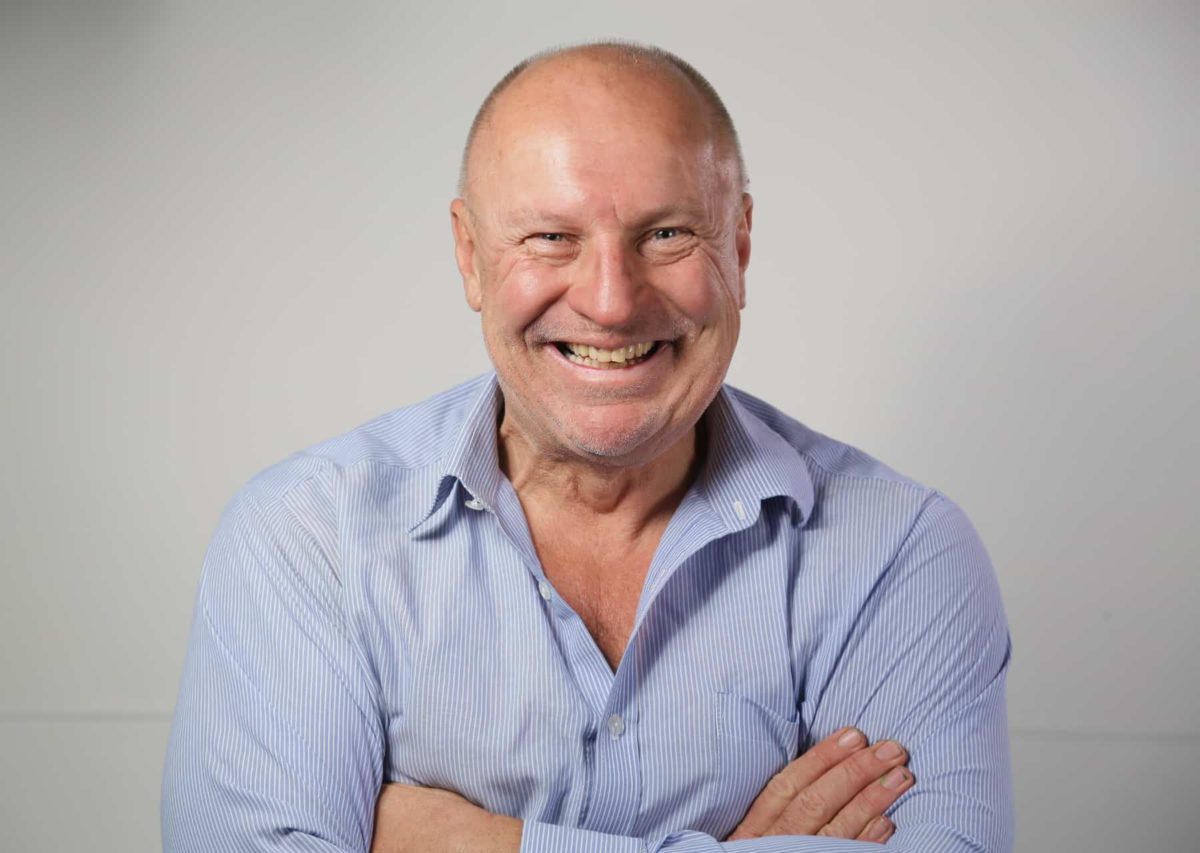Title: “In Love with Lexicons: How Language Sculptures Our World”

If a picture is worth a thousand words, could a thousand words birth a picture? This question intertwines my two worlds: art and artificial intelligence (AI). It’s rooted in my ongoing romance with lexicons, those vast reservoirs of language that shape our cultures and catalyze our capacity for innovation and creativity.
Now, you might be wondering, “What exactly is a lexicon?” It’s a fancy term for vocabulary. But it’s not just any vocabulary—it’s your personal dictionary, a mental stockpile of every word you’ve ever learned. Imagine a treasure chest brimming with glittering jewels; each gem is a word, varying in size, shape, color, and value.
As an artist, I’m captivated by the raw power of language. Words can evoke emotions, spark ideas, and inspire change. As an AI enthusiast, I’m fascinated by how our choice of words, our personal lexicons, can influence the creation and interpretation of art in the machine learning realm.
I recently embarked on an exploratory journey into the world of text-to-image AI, using a creative prompt to construct a visual narrative. The prompt? “A quirky individual sprawled on a library floor, surrounded by dictionaries, a steaming cup of coffee nearby.” The result was a visual articulation of my love for lexicons, a portrayal that exuded authenticity and an unmistakable passion for words.
In our era of digital transformation, we grapple with the complexities of the ‘woke’ movement and the question of censorship. Amid these dynamics, it’s crucial to recognize the transformative power of a diverse lexicon. It’s not just about forming sentences; it’s about the capacity to drive quality AI prompts and image analyses, which enhance the richness of our creative output.
Our lexicons aren’t just collections of words. They’re mental models, shaping how we interpret and interact with the world. The words we know determine the concepts we can understand, influencing our thoughts, beliefs, and actions. They’re like the colors on a painter’s palette—the more hues you have, the more nuanced and vibrant your artwork can be. Similarly, a more diverse lexicon allows for richer thought and greater creative potential.
Language, like art, is malleable. Its richness lies in its diversity, its power in its capacity to evoke and provoke, to question and clarify. It’s our shared means of expression, a tool transcending cultural, geographical, and technological divides.
So, whether you’re an artist, a technologist, a linguist, or merely a lover of words, remember to cherish your lexicon. Dive deep into its vastness, explore its nuances, and use it as a tool to shape your thoughts, your art, your AI, and your world. After all, language is not just a tool—it’s a gift, a weapon, and a playground, an essential cog in the wheel of human and artificial creativity.
In the grand scheme of things, my love affair with lexicons is not just about creating art or exploring AI. It’s about understanding the power of words and how they shape our perception of reality. It’s about recognizing that every word we choose, every phrase we utter, and every narrative we weave is a testament to our shared human experience. And as we continue to push the boundaries of technology and art, I believe it’s this understanding that will guide us into the future.
Our lexicons, our languages, are living entities, evolving in sync with our collective consciousness. Just as the etching of cave paintings marked the dawn of human civilization, so too does our linguistic innovation signify our progress in the digital age. As our worlds become more interconnected, as AI systems increasingly mirror our own cognitive abilities, it’s our diverse lexicons that will fuel this transformation.
In an age where AI systems learn from our words to generate art, the stakes are higher. The words we feed into these machines become part of a global conversation about our values, our aspirations, our fears, and our hopes. They become part of our collective lexicon, shaping not just our present, but also our future.
This journey, this exploration of the intersection of language, art, and AI, has underscored for me the importance of embracing new technologies and ideas with curiosity rather than apprehension. It’s about recognizing the potential of AI not as a threat, but as a tool for enhancing our creativity, enriching our culture, and deepening our understanding of ourselves and the world around us.
So next time you pick up a book, flip through a dictionary, or type a search into Google, take a moment to appreciate the power of the words you encounter. Understand that each one is a key, a tool, a brushstroke in the grand painting of human communication and expression.
In the end, our love for lexicons isn’t just about the words themselves. It’s about what they represent—the potential for connection, for understanding, for creation. It’s about the beautiful, complex, and ever-evolving tapestry of human thought and expression. And as we journey into the future, it’s these words, these symbols, these tools of our shared lexicon, that will light the way.
For in this dance of words and images, in this symphony of language and technology, we’re not just creating art or advancing AI. We’re shaping our world, one word at a time.
Note: Also a great when you get an “X” on Triple Letter Score on Scrabble 🙂
